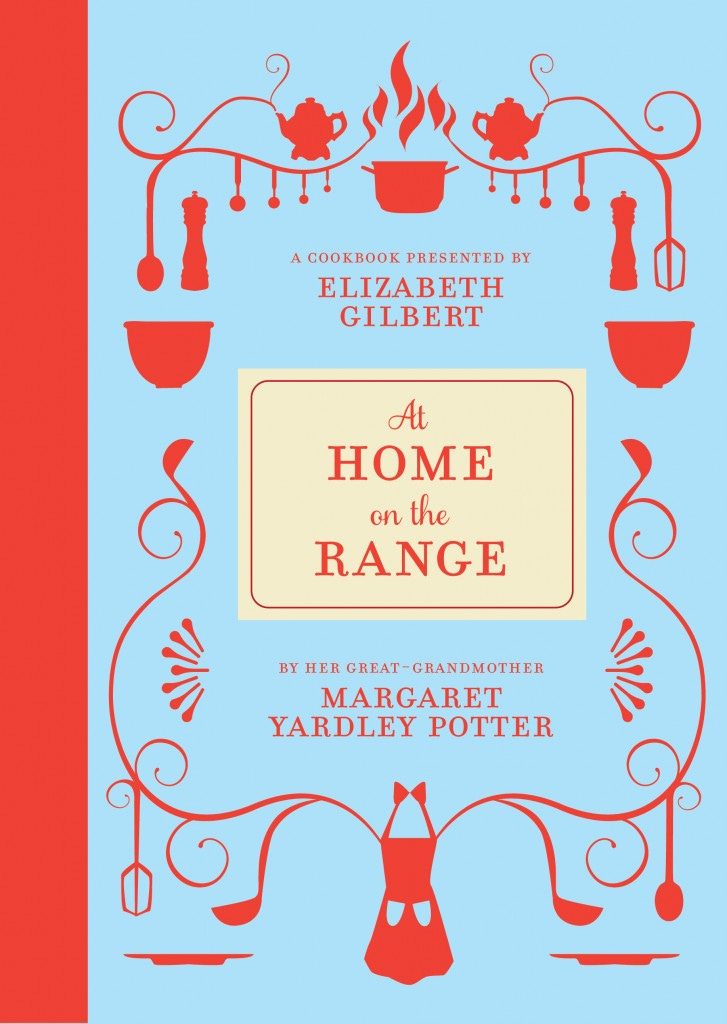DALS Presents: Elizabeth Gilbert

Anyone out there who has read Eat, Pray, Love (which is another way of saying "everyone") will understand how honored I am to present an official DALS Q&A with author Elizabeth Gilbert. Like the rest of the world, when I read EPL, I remember asking myself, How could someone be this likable? Well now we might know at least part of the answer to that que…




